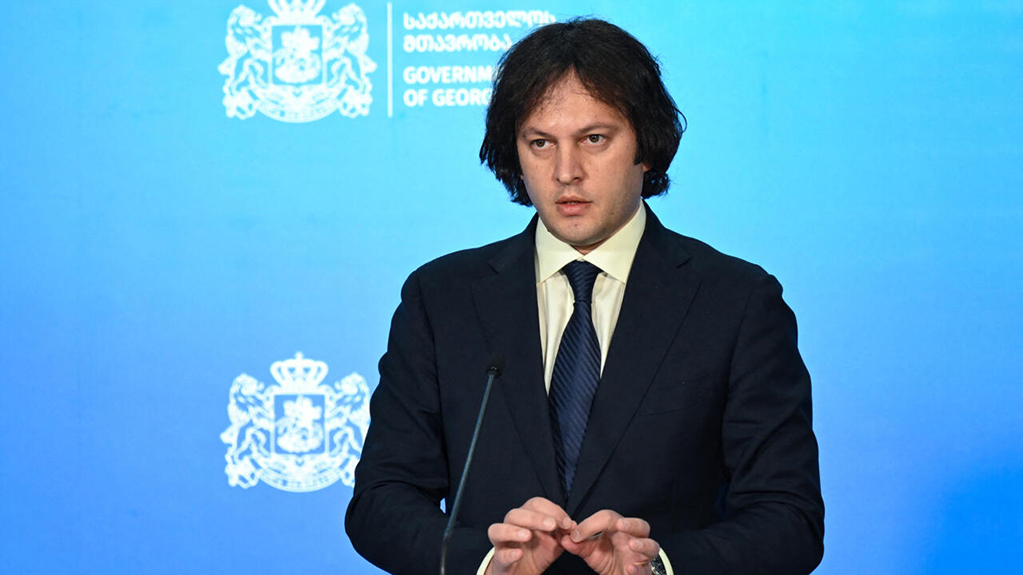Irakli Kobakhidze, the Georgian Dream Prime Minister, stated that "one downside of visa liberalization" is the encouragement of migration, which, he says, has already been demonstrated by the example of the Baltic states.
News
Trending stories
- 1 Former Prime Minister Garibashvili Sentenced to Five Years in Prison After Plea Deal
- 2 Otar Partskhaladze Charged with Organizing Murder of Businessman Levan Jangveladze
- 3 Shalva Papuashvili Says Georgian Dream Filed Complaint with BBC
- 4 Georgian Dream Party Further Tightens Grants Law, Introducing Up to 6 Years in Prison
"When Lithuania and Latvia became members of the European Union, and accordingly, the visa regime was lifted, the population decreased by 600,000 in one country and by 400,000 in the other. Why? Because there is still a difference, including between Georgia and Western European countries, and naturally, where there is more economy, migratory processes will be directed there. Visa liberalization, of course, encourages this.
In the absence of visa liberalization, many more of our citizens would have remained in the country, the workforce would have increased, and this, of course, would have directly reflected in a further improvement of the economic growth rate," Kobakhidze said on Rustavi 2 TV.
According to the head of the Georgian Dream government, visa liberalization has no connection to economic growth.
"However, of course, it is important for us to maintain this benefit for our citizens. Of course, it is important that our citizens travel to various European countries without a visa. Therefore, if there is anything we can do, we will do everything, but within rational limits," Kobakhidze noted.
Georgia received visa liberalization at the end of March 2017, which the Georgian Dream government presented as one of its achievements. In 2019, the party's founder and then-chairman, Bidzina Ivanishvili, used the example of the Baltic countries – Lithuania, Latvia, and Estonia – in a positive context.
At the time, Ivanishvili proposed an initiative to allow Georgian citizens to be legally employed in Europe. He noted that it would take years for Georgia to provide adequate employment for all its citizens, while many European countries were facing labor shortages.
"I want to draw a parallel: the Baltic countries, Poland, Bulgaria – are depopulated like us, because the living standards and economy are also different there, and migration is happening, but they are in the family, they are members of the European Union. We can manage, prematurely, before we achieve EU membership, just like a person from Racha would come down to the lowlands, work, and return, or an Imeretian would go to Guria-Samegrelo; we can manage so that Georgians are honorably, legally, and not secretly employed [in Europe]. History shows that Georgians have never had serious emigration. [...] Georgians will not get lost and will not remain in Europe," Ivanishvili stated.
The European Union has given the Georgian Dream government until the end of August to implement 8 recommendations contained in the European Commission's seventh report on the Visa Suspension Mechanism. Georgia must ensure and protect the fundamental rights of all citizens, including freedom of assembly, expression, and association, the right to privacy, the right to participate in public life, and the prohibition of discrimination. Among the recommendations is the repeal of any law that restricts citizens' fundamental rights and freedoms, violates the principle of non-discrimination, and contradicts European and international standards. In particular, Georgian Dream must repeal the law on transparency of foreign influence, as well as the legislative package on Family Values and Protection of Minors. The European Commission will assess the implementation of the recommendations, and if violations continue, it may put the issue of suspending the visa-free regime on the agenda.















